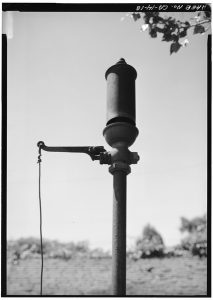 Qui tam claims are lawsuits filed by private citizens on behalf of the federal government based on allegations that someone violated the False Claims Act (FCA) or another federal statute. Most of the time these types of claims are brought by employees, or ex-employees, who were able to gather evidence of false claims made by their employer to the government. Qui tam cases are complicated, and it is crucial that you, as a whistleblower, work with an experienced California qui tam lawyer and understands the legal process you are about to undergo.
Qui tam claims are lawsuits filed by private citizens on behalf of the federal government based on allegations that someone violated the False Claims Act (FCA) or another federal statute. Most of the time these types of claims are brought by employees, or ex-employees, who were able to gather evidence of false claims made by their employer to the government. Qui tam cases are complicated, and it is crucial that you, as a whistleblower, work with an experienced California qui tam lawyer and understands the legal process you are about to undergo.
If you believe you have evidence of fraud against the government, call the Brod Law Firm to learn about what to do next.
An Overview of the Qui Tam Process
 Healthcare Fraud Lawyer Blog
Healthcare Fraud Lawyer Blog


 There was an unexpected outcome in the unique case of
There was an unexpected outcome in the unique case of  The U.S. District Court of the Southern District of California granted whistleblowers a significant victory this year. In the case of
The U.S. District Court of the Southern District of California granted whistleblowers a significant victory this year. In the case of

 to digitize and index some 22 million fingerprint cards. FTIS also agreed to create a searchable database of the print cards for the New York State Division of Criminal Justice Services (“DCJS”) and the non-profit New York State Industries for the Disabled (“NYSID”) in the 2008-2009 timeframe. The fingerprint cards were used by a range of individuals from state employees to prisoners and arrestees and contained information including Social Security number, the reason for taking the fingerprint, the fingerprint itself, and other important personal information.
to digitize and index some 22 million fingerprint cards. FTIS also agreed to create a searchable database of the print cards for the New York State Division of Criminal Justice Services (“DCJS”) and the non-profit New York State Industries for the Disabled (“NYSID”) in the 2008-2009 timeframe. The fingerprint cards were used by a range of individuals from state employees to prisoners and arrestees and contained information including Social Security number, the reason for taking the fingerprint, the fingerprint itself, and other important personal information.